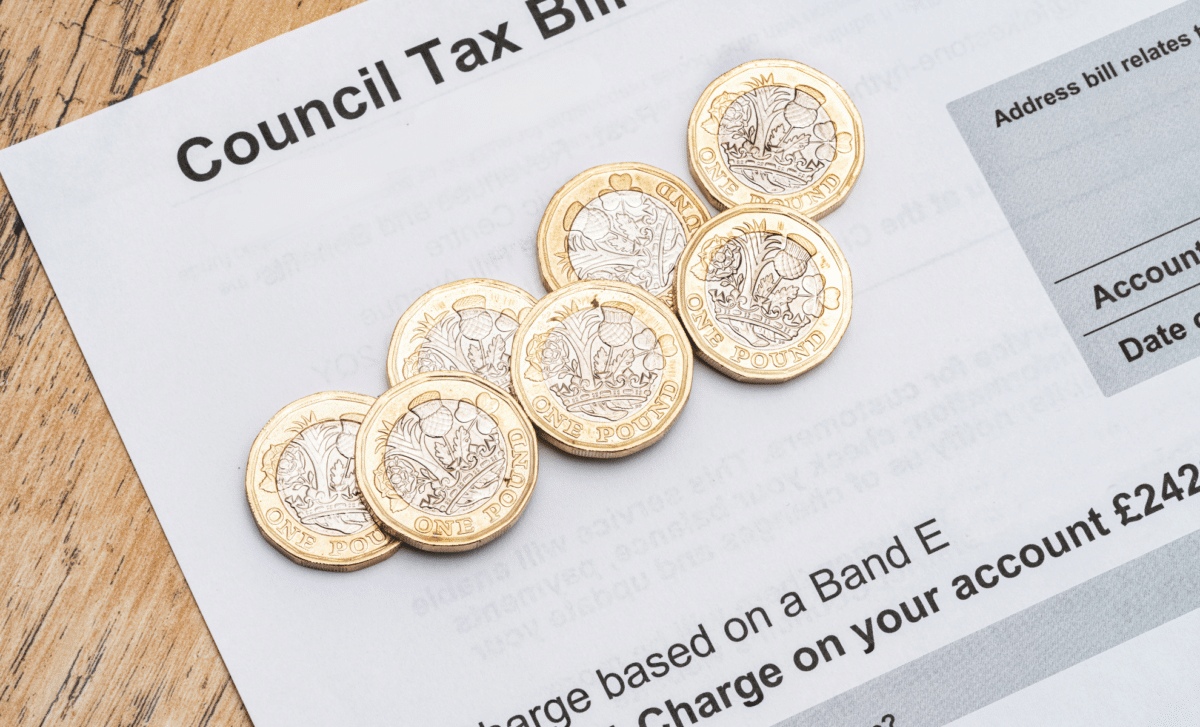As local authority funding faces an acute crisis, fresh analysis reveals an alarming trend: the overwhelming majority of councils across the UK are gearing up to enact maximum council tax hikes, all without the necessity of a public referendum.
UK Councils Set to Implement Substantial Council Tax Increases
Analysis conducted by the County Councils Network (CCN) indicates that the overwhelming majority of the 136 top-tier councils that have announced their plans intend to increase council tax by a minimum of 4.99 percent come April. In certain regions, the surge will be more pronounced.
Notably, Thurrock, Woking, Slough, and Birmingham, —councils grappling with recent financial distress—have received governmental authorization to implement council tax hikes of up to 10 percent. Thurrock has decided to implement a 7.99 percent increase in its tax rate.
However, Woking, and Birmingham, are among the 17 councils that have not yet disclosed their tax plans for the upcoming financial year. The County Councils Network (CCN) reports a notable increase from the previous year, with 95 percent of councils aiming to implement the maximum permissible tax hike, in contrast to 75 percent in the previous research conducted at the same time.
The proposed increases signify that the average Band D household can anticipate a £103 rise in the coming year. Despite the government’s recent emergency funding injection of £600 million, the decisions to raise council tax bills are driven by the persistent financial challenges faced by local authorities.
UK Councils Face Financial Strain: Bankruptcy Notices and Funding Shortfalls
Over the past six years, eight local authorities have resorted to issuing a section 114 notice, essentially signalling a declaration of bankruptcy. This occurrence is particularly noteworthy given that before 2018, the last instance of a council being compelled to take such action was in 2000.
There’s growing concern among experts that more councils could soon find themselves in a similar situation, especially considering a survey conducted by the Local Government Association in December. Nearly one in five council leaders expressed the belief that issuing a section 114 notice within the next year or so is very or fairly likely.
Sam Corcoran, Labour leader of Cheshire East Council and vice-chair of the CCN, emphasized that councils are facing some of their most challenging decisions due to escalating costs and heightened demands for social care services.
He noted that while the additional funding from the government would offer tangible relief and help safeguard essential services, the precarious state of council finances necessitates raising council tax bills to ensure long-term sustainability.
The 37 councils comprising the CCN, serving nearly half of England’s population, received £240 million in additional government funding for the 2024/25 period. However, they are planning to achieve in-year savings exceeding £1 billion. Despite these efforts, these councils still confront a combined funding shortfall of £1.1 billion over the next two years.
Mr. Corcoran emphasized: “No council leader takes the decision to raise council tax lightly as we know this will add to the cost of living for residents, but councils have had little choice but to put up council tax due to the increased demands, particularly in children’s services. “The next government must set out a long-term funding plan for councils while also undertaking a comprehensive reform programme to help drive down costs, especially for children’s services and home-to-school transport.”
UK Councils Plan Tax Hikes with Resident Support Amid Calls for Reform
According to the CCN, some councils have agreed to the maximum council tax increase but intend to implement measures to alleviate the impact on residents. These measures include providing support funding to low-income households.
The CCN is advocating for the next government to introduce a “comprehensive” reform program aimed at reducing costs. This includes revamping the legislative framework for school transport and taking action to reduce fees charged by private providers in the children’s social care market.
In response, a government spokesperson acknowledged: “We recognise councils are facing challenges and that is why we recently announced an additional £600m support package for councils across England, increasing their overall funding for the upcoming financial year to £64.7b – a 7.5 per cent increase in cash terms.









